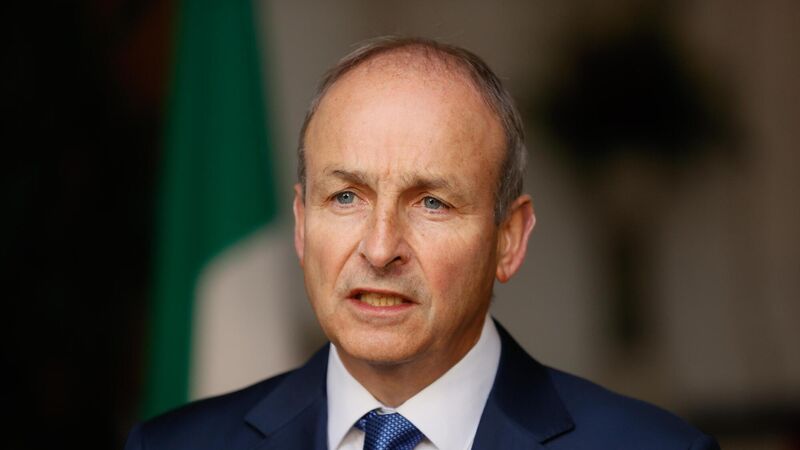Taoiseach urged to oversee Sláintecare implementation

'It was the view of the all-party committee that actually wrote the Sláintecare plan that this project is so complex and involves so many vested interests it requires that the authority of the Taoiseach could be called on when needed to get things done.'
Taoiseach Micheál Martin should exercise the governance role envisaged for his department in the original Sláintecare plan to ensure these important reforms are implemented, Dr Eddie Molloy, a member of the advisory council has urged.
He said this would include a high-level delivery board chaired by the Taoiseach’s secretary general as was called for in the plan.










